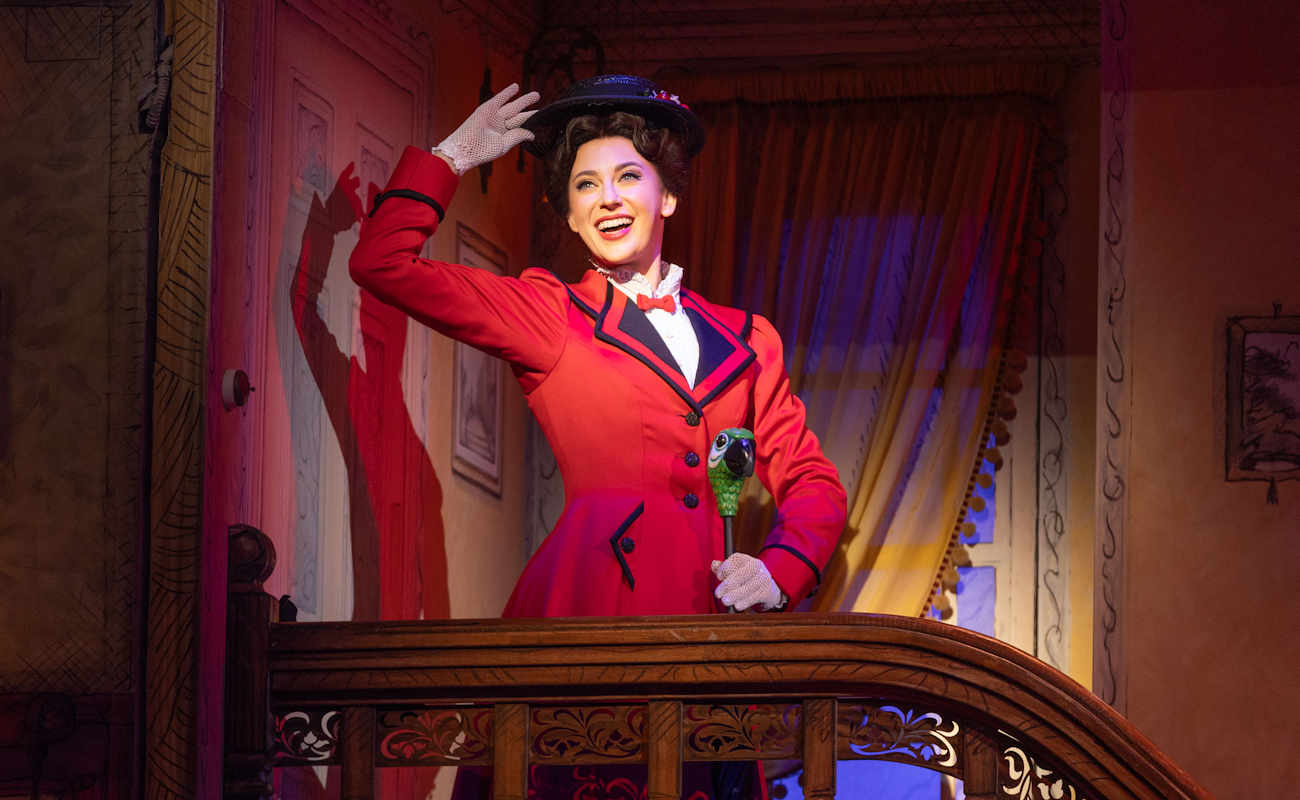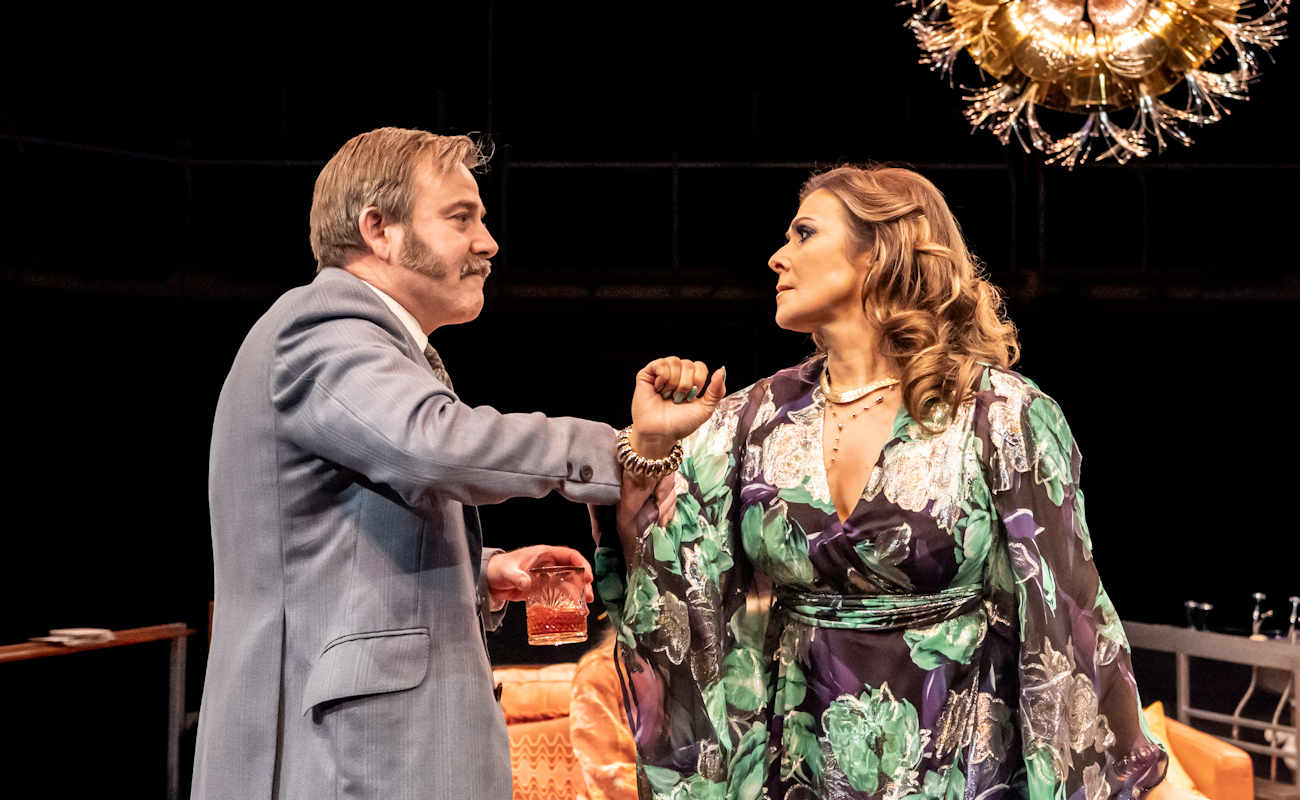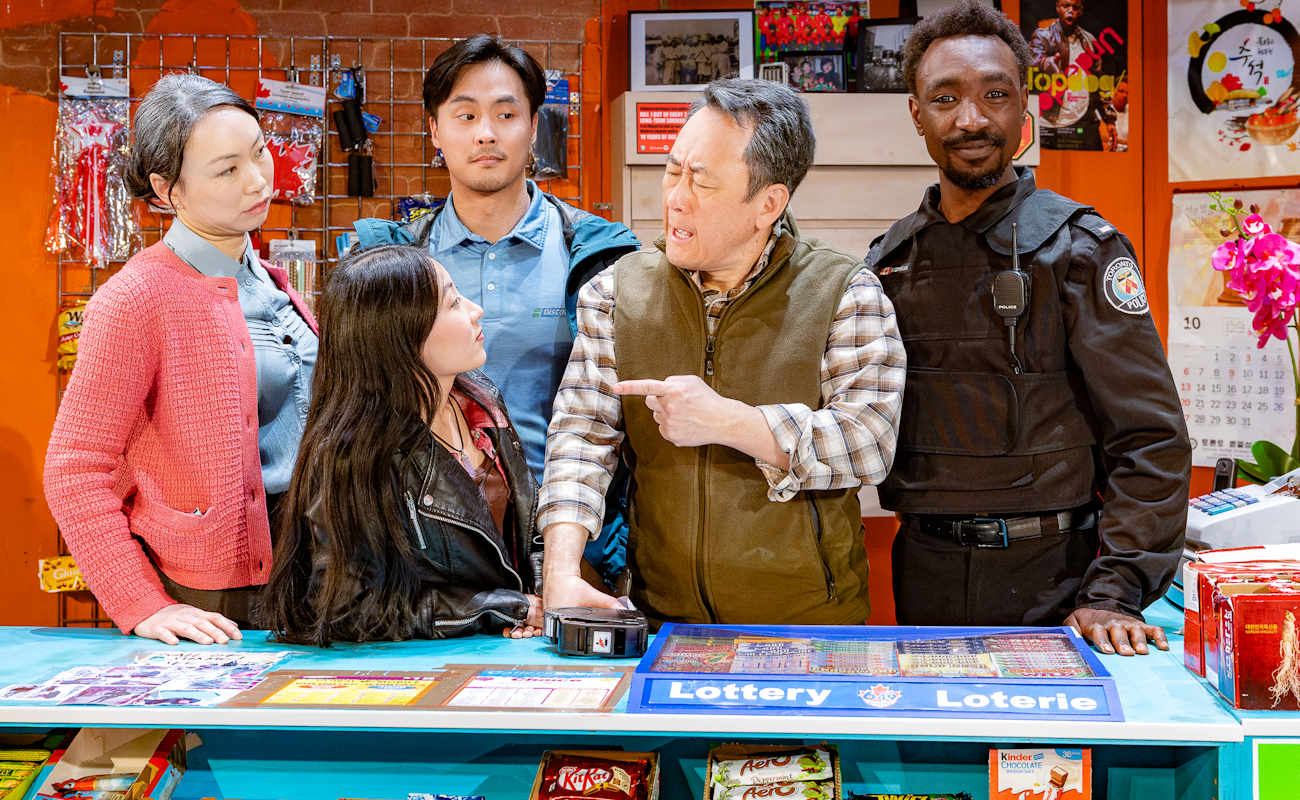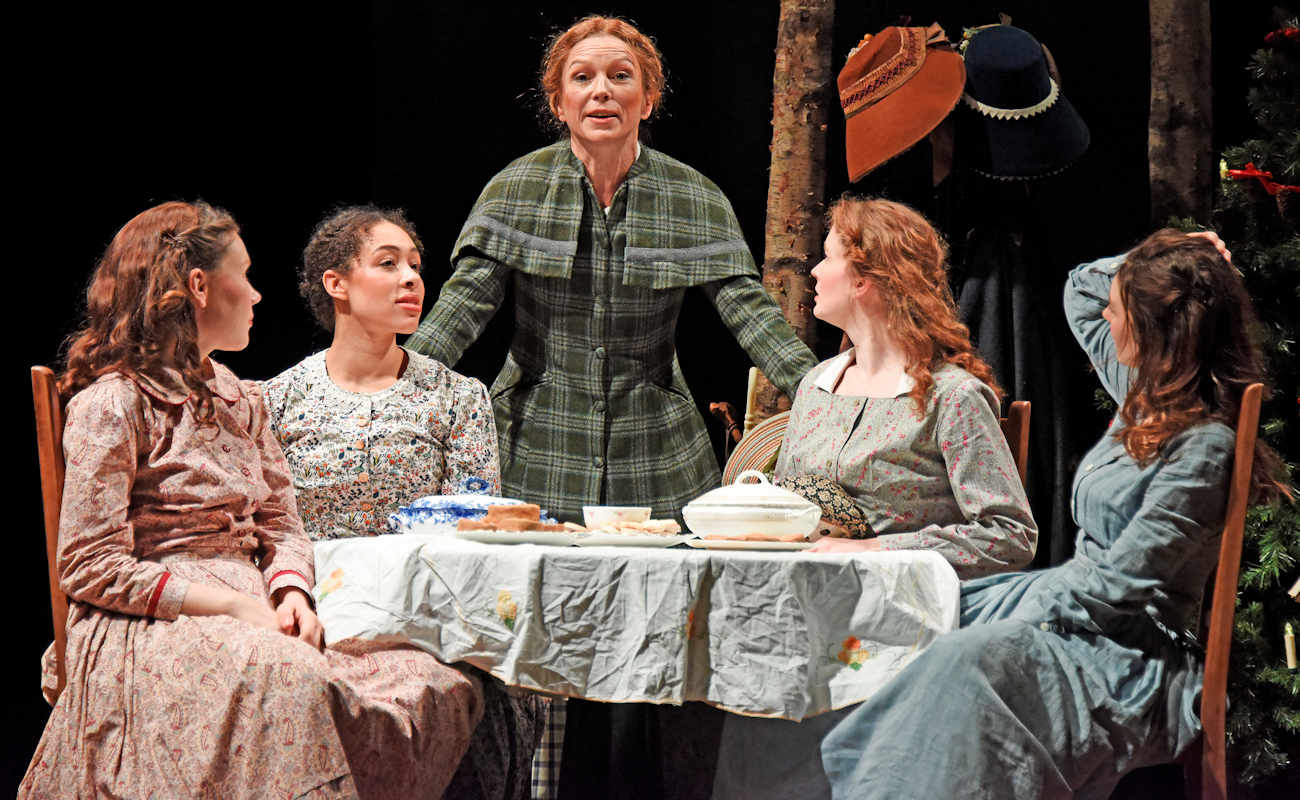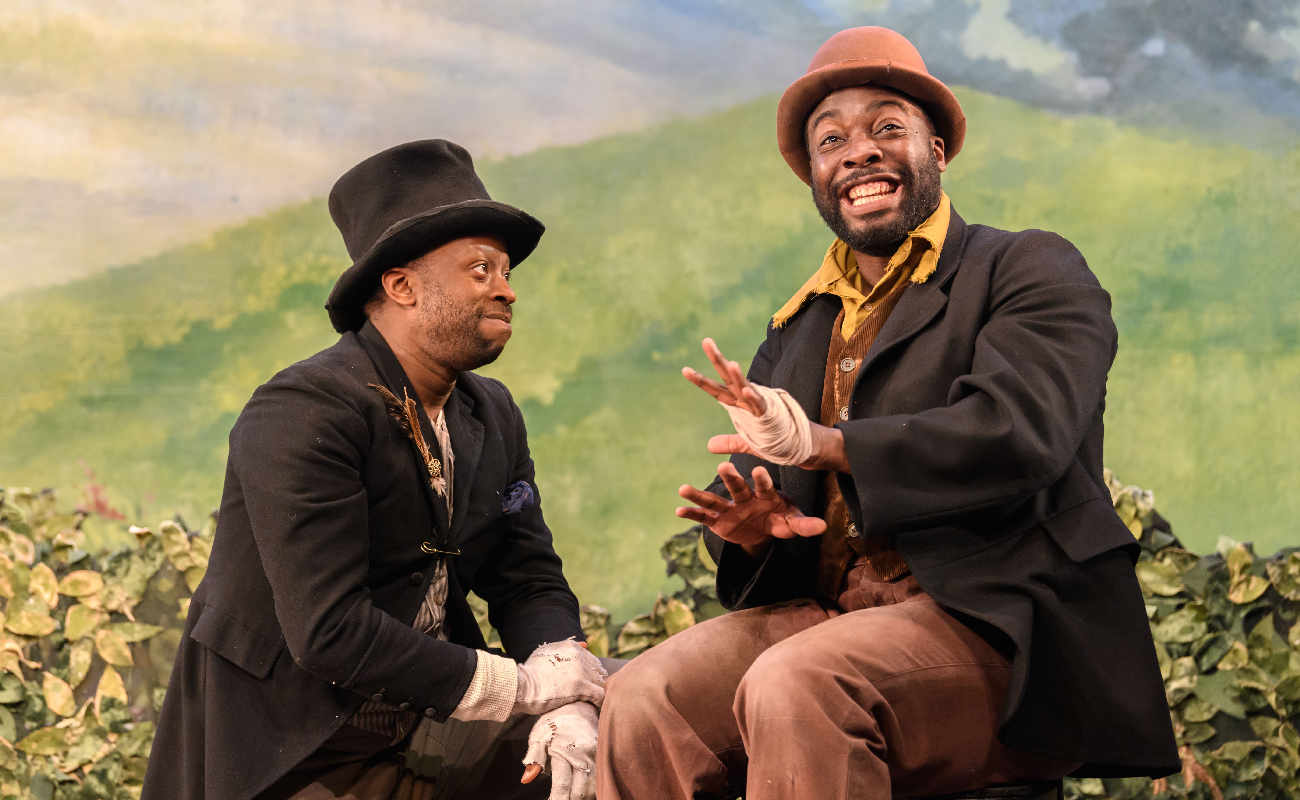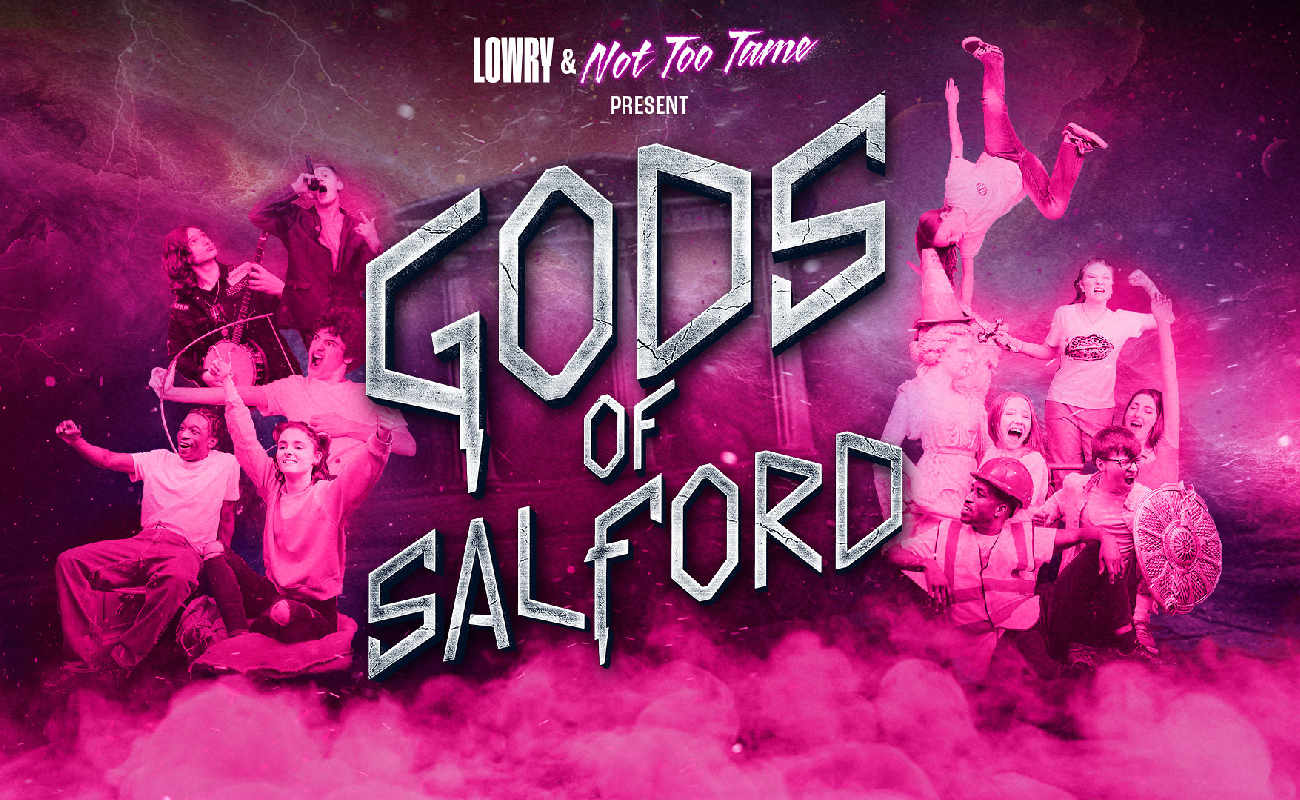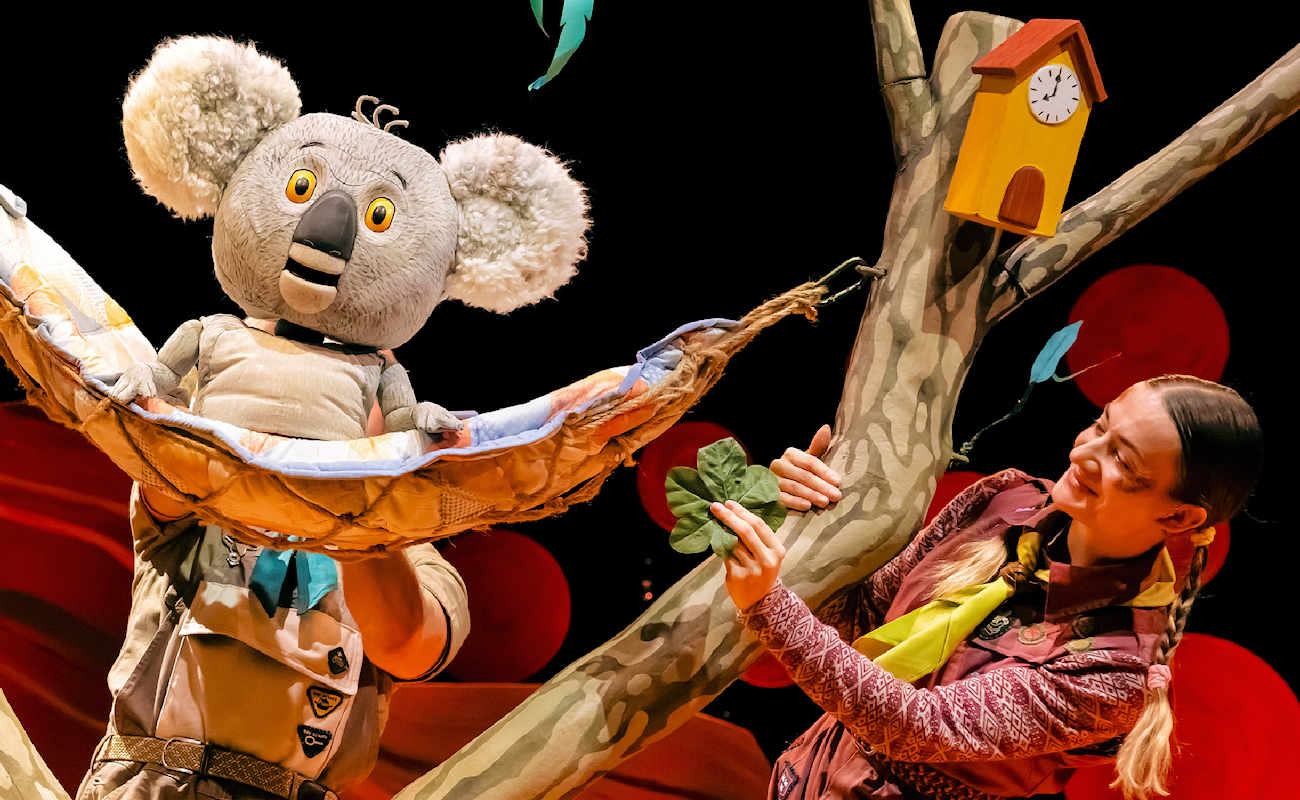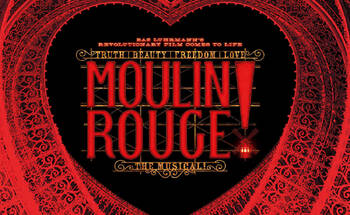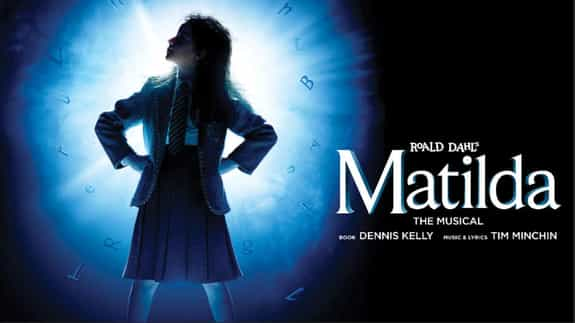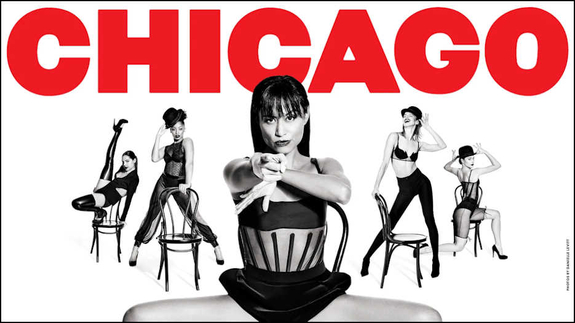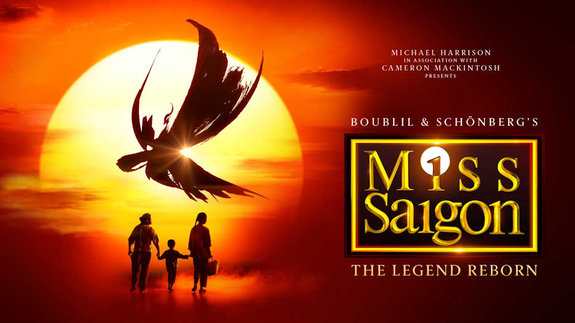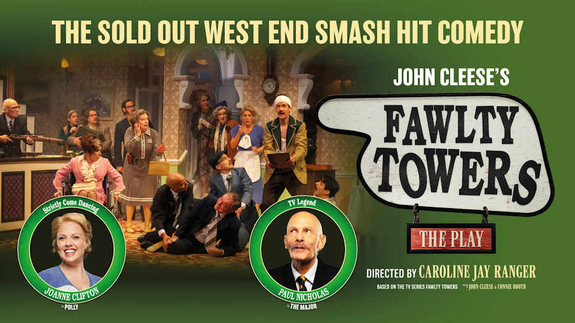Testmatch
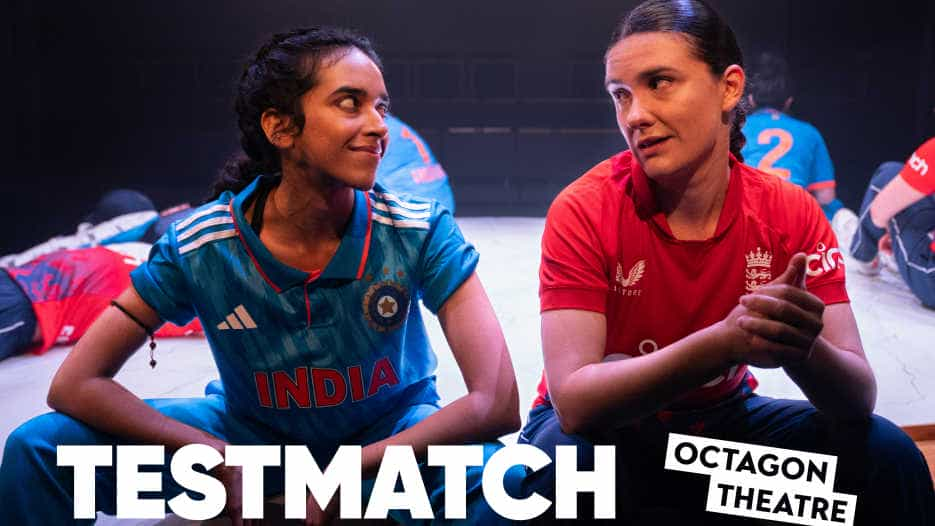
Cricket's past & present collide in this compelling new play
It makes the whole of western history make sense, this weather.
If I had to live in this, I’d get off this island as fast as I possibly could,
And take over whatever land I came across, because anything would be better.
Lord’s, present day. It’s the Women’s Cricket World Cup: England versus India. There’s a rain delay. Stuck in the same locker room together, tensions mount, ambitions are laid bare and a whole new tactical game begins. Calcutta, 1800 (or thereabouts). Two British administrators in early 19th century India encounter challenges on the field of play that threaten the entire regime.
In this game of integrity and power, past and present collide. Kate Attwell’s funny and provocative play explores colonialism and explodes the mythology of fair play.
Testmatch Tickets

Sorry, there are no tickets for Testmatch in Bolton available at the moment. This maybe due to one of the following reasons:
- - Testmatch in Bolton tickets are currently not on sale.
- - The event has sold out.
- - Details have not yet been announced for Testmatch in Bolton.
- - The event may have been cancelled.
- - The event has been and gone.
Join our free mailing list for
updates about this event

Testmatch ON TOUR
Our review on Testmatch
Testmatch - The Octagon Theatre, Bolton - Friday 24th May 2024 by Karen Ryder
Our Rating
“It’s not cricket,” could be said about so much in the world at large right now, and Testmatch, the new Kate Attwell play, wickets together a fresh and funny comedy with feminism, racism and history, topped off with a sprinkling of the game itself. Testmatch may have its roots in the sport of cricket but as they say in football, it’s definitely a game of two halves, with each act seemingly as different as rugby and ballet. Scratch the surface though and you’ll definitely find commonalities of strength, stamina, teamwork and agility. With Act 1 set in the here and now as we wait out the rain in the women’s World Cup tournament between England and India, rivalries bubble away. Casual grumblings and bickering about the weather, partners, and the semantics of the phrase “too little too late” are soon gazumped by the larger and more impassioned topic of match fixing and underlying casual racisms. The second Act bats us right back to the colonial 18th century! We find ourselves in Calcutta where conversations are very different and the women who try to share their opinions are drugged into silence with opium’s. Here, the talk is of trade agreements, business, rules, and cricket. It is full of British pomp, misogyny and discrimination. We can make direct comparisons about how women today are free to mess around, gossip and have fun compared to the perceived abilities of women back then. And even though it uses humour to make its point, we are able to witness the brutality of taking ownership of someone else’s land. What both acts do have in common is a blind ignorance of privilege, corruption and exploitation.
Each act has its own presentation style too. Act 1 is very naturalistic and poignantly free, whereas act 2 is deliberately delivered through a stylised satire, with an over emphasised farcical approach. This is a very clever choice for it highlights the disturbing and unsettling nature of colonialism in a palatable way so that you pay attention and absorb the message. When these pompous men (the women multi role as different characters in the second act) are more bothered about writing down the rules of their new game so nobody can rip them off (even though they are blatantly ripping off the women’s ideas regarding overarm bowling) than they are about the starving people outside, it beggars disbelief! Even more so when they even seem oblivious to their existence! We see an inherited English arrogance of those in authority, particularly when it comes to rules and how they apply to anyone but themselves. You only have to switch on the news or look back over the last few years to see some things have not changed at all and it is infuriating.
The show opens with the players running into the performance space dripping wet after their match is halted due to the atypical British weather. As these six players wait it out, the intensity and potential for eruption rises with each caged prowl. The dynamics are interesting, with the England team feeling empowered enough to rage whilst the cooler India team are made to feel they are guests in someone elses land. The natural conversation tone of this act makes the back and forth nature of conversation bounce around in plenty of directions, fall down witty rabbit holes, and brilliant tangents. Then supressed rage will take over and halt everything with the surprise breakage of the sacred cricket bat. These characters are all painted so differently that it is a brilliant piece of human nature at play, fuelled by finding the humour in our British small talk and our solution that a cup of tea will fix everything!
The seconds Act begins before it has actually begun, with the two British representatives and their assistant coming out to, well – have a game of cricket, inviting audience members up to join them! It is great improvisation and a lot of fun. As the act truly starts, and the British desperately try to take ownership of everything, the larger than life characters develop further. The explanations of cricket rules are infrequent but quite lengthy when they do appear, and I have to confess my brain glazed over a little as it either couldn’t take them in or didn’t want to. Yet interestingly I did find some of the historical tit bits of the game both interesting and enraging as I learned how women’s influence has all but been erased!
Aarushi Rita Ganju plays India 1 (Captain) in the first act and The Messenger in the second act. As India one she brings a controlled strength, and example of self-belief, and some vulnerable and tender moments as she reveals a secret she has been holding on to. She plays India 1 with a strong intelligence and passion, with the ability to make you belly laugh at her sense of humour. As The Messenger, Ganju delivers a stunning monologue that is from the heart and grasped the hearts of the audience. She allowed her performance the space to breathe and it had full ownership. Aiyana Bartlett performs as India 2 and then Daanya. As India 2 she is the master of the deadpan response, and subtly uses sarcasm to maximum effect to get her point across. She is quick to defend both her own teammates and also England one, until that is she discovers the indefensible and is thrown into an impossible position. Bartlett played this section with a composed restraint, showing the hurt and frustration through a tension she has learned to keep locked away. I was close enough to see this spill out through silent tears and it was quite moving. As Daanya, Bartlett was excellent at testing the patience of the British by proving their beliefs about women wrong and did so with poise. Tanya Katyal firstly plays India 3 and then Abhi – the British assistant. As India 3, we see an optimist who is a joy to watch and who will captivate you. Katyal’s facial expressions are priceless, and at one moment are the epitome of wide eyed innocence. She provides us with great physical comedy. As Abhi, again, the movement is brilliant physical theatre and will make you giggle. The running and off stage to the petulant demands of One and Two is priceless and yet Katyal equally proves how capable she is of switching it up towards the end of the play with a dramatic and powerful scene.
Bea Svistunenko plays England 1 (Captain) with a fierce and not entirely ’cricket’ determination that beguiles and pushes everyone to ask questions as to where her aggression comes from. She is genuinely scary when she explodes and brilliantly believable when she then tries to regain her composure with demons that are bigger than she is able to hold. In the second act she is One and so fabulously frivolous that just her tonality will make you giggle. Svistunenko nails the British pomp and circumstance. Mia Turner has us laughing as England 2, with her seemingly raucous obsession and comparisons of cricket lovers verses rugby ones. But Turner’s random outbursts are also tinged with a heartache she is trying to understand and the conflicting emotions she displays are fantastic. As Memsahib she brings us a wild and wayward character who is seemingly in her own world, perhaps a result of the opium’s she takes, but perhaps because no one in the real world pays her any real attention. Haylie Jones is England 3 and Two. As England 3 she seems to have been handed the role of peacemaker, a role which England 3 is not comfortable with, and so her frustrations are acted out so realistically that you never quite knew what she was capable of doing next, because she was a coiled spring ready to pounce. As two, Jones also delivered the pomp and circumstance with excellence and allowed us to shake our head in disbelief at the self-indulgence and self importance they placed upon themselves.
These detailed character motivations and nuances are where director Diane Page really shines. These performers are able to create a platform that displays how each and every one of them feels, and in act one, how they have had to work hard against their obstacles, whether that be through their history, race, ethnicity, religion, sexuality, social background, or gender. It brings together those who have been pushed aside, and it does so through sport. This makes winning all the more important because perhaps they all have a deep-rooted belief that they have something to prove. Kate Attwell’s writing is so full of complex layers that it’s only afterwards it all kind of seeps properly into your conscious. Cat Fuller’s design sees an off-white set surrounded by gravel. The cricket costumes of red and blue stand out against the bleak landscape. The attention to detail here is impressive, with trainers stained around the edges with grass, as well as grass stains on their kits. The switch to the colonial second act sees an excellent costume transformation with full 18th century clothing, including wigs. Lighting by Rajiv Pattani and sound by Simon Slater encapsulates elements of nature beautifully from a blazing sun to the torrential rain.
As Testmatch continues, the message becomes clearer and clearer. Throughout history, England do not have a clean score sheet when it comes to playing fair. The show looks at Nations through the lens of sport and the idea that perhaps those in power, and in fact all of us, should refocus and strive to win the accolade of good sportsmanship instead of claiming the prize by any means necessary. There is so much going on and so many points trying to be made that I did get a little confused during some moments of the second act. I also found that I wanted to know more than was told about the characters in the first act, which is not necessarily a bad thing, as they do say “leave them wanting more.” But for instance, I wanted to know the root cause of the decision that resulted in Svistunenko’s secret. Attwell’s writing is busting with so much life, so much humour, so much tension and complexity to explore, that each idea deserves the chance to fully shine. Testmatch will take you on a story from the serious to the surreal. It is sardonic and ironic, taking us from present day, to back in history, all leading to a captivating collision at the end. It raises uncomfortable but vitally important issues and hopefully points out the flaws in our history so that we may one day soon, learn from them, instead of repeating them.







